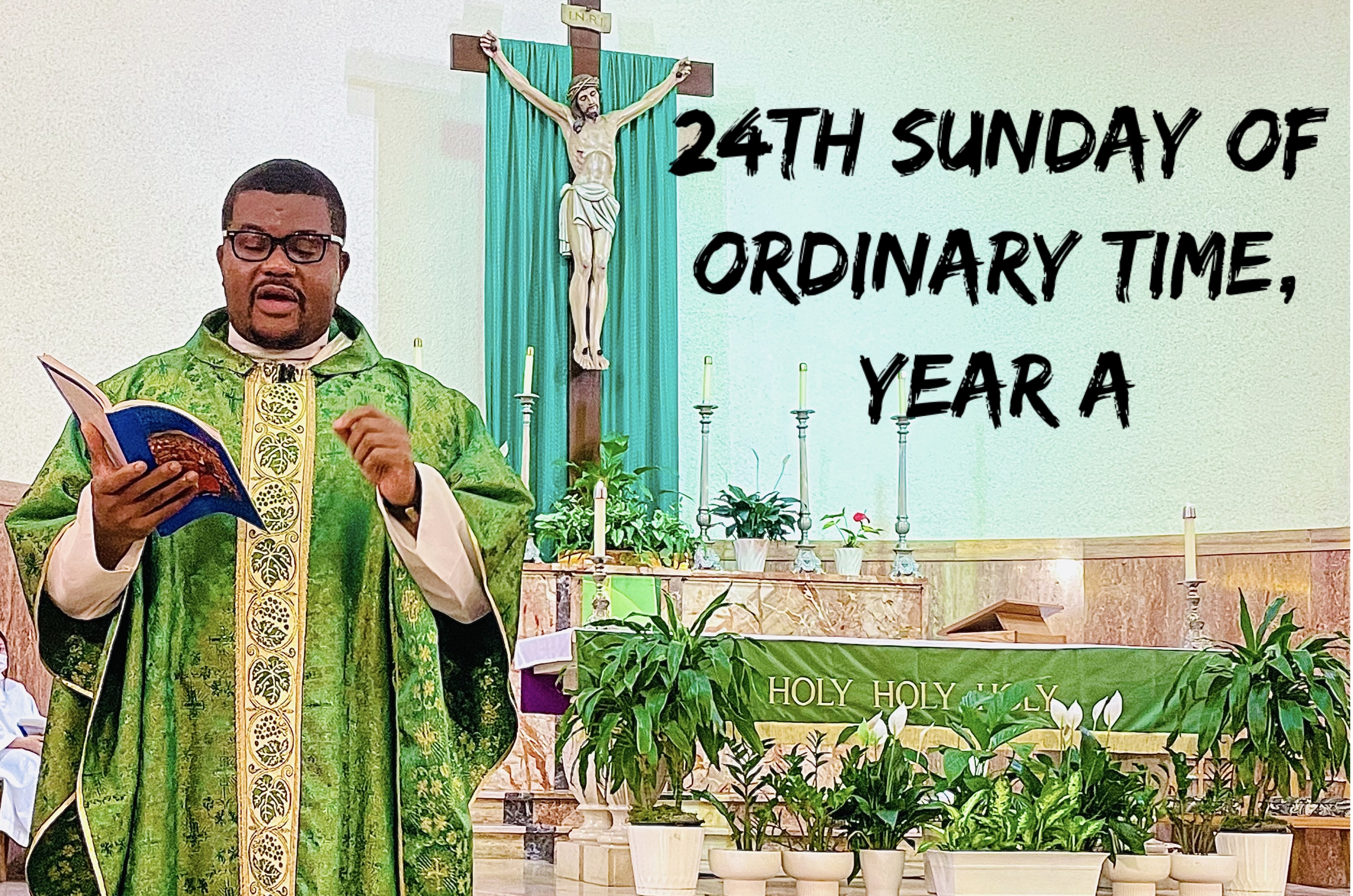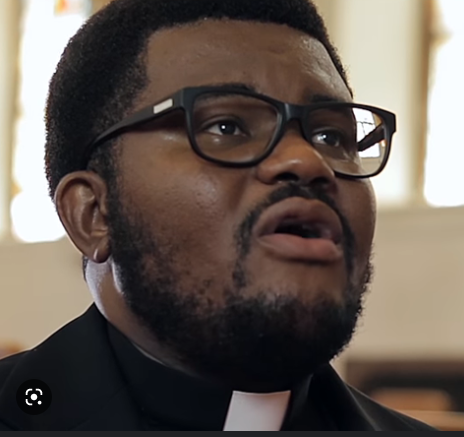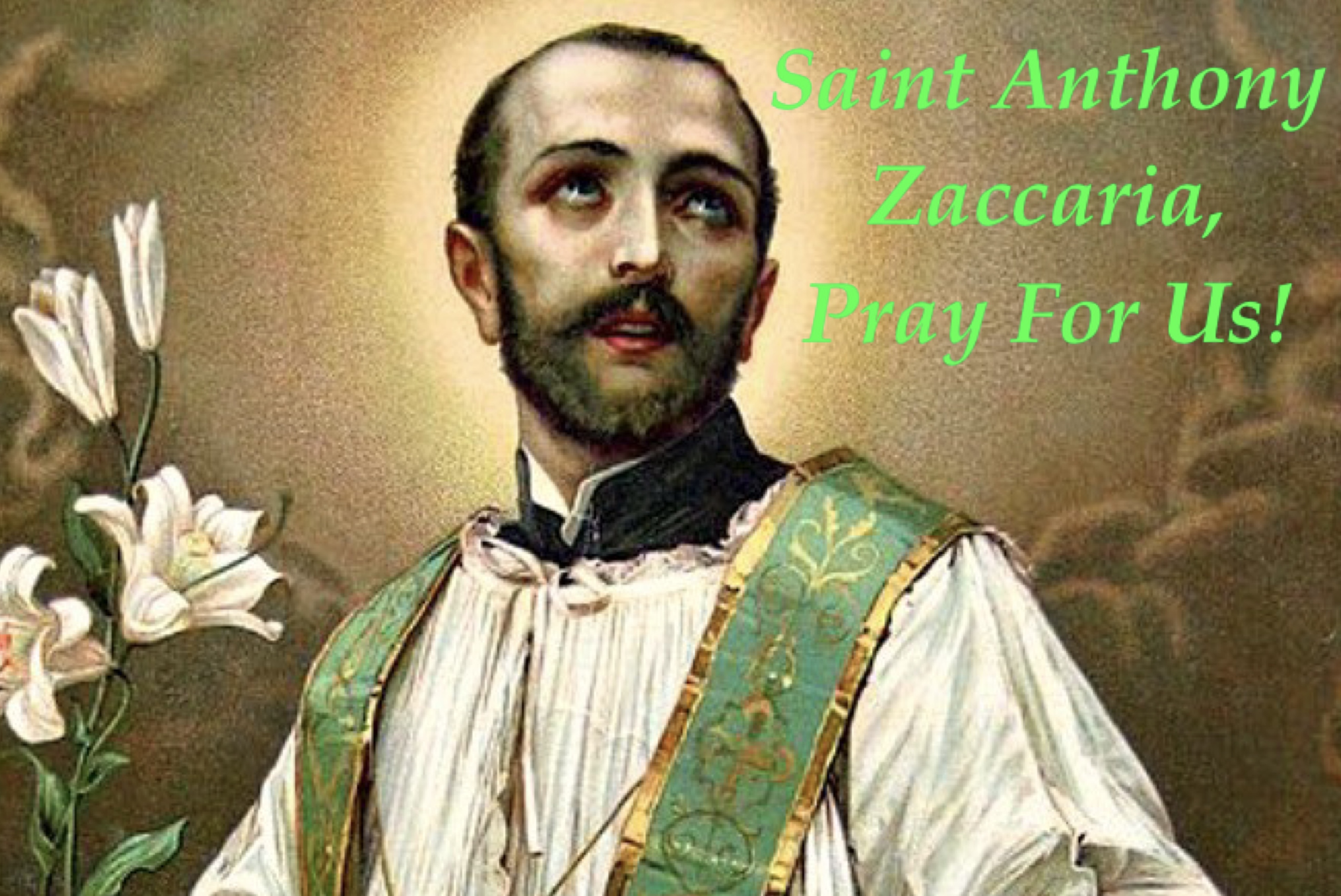24th Sunday of Ordinary Time, Year A
Since we as God’s children are called to be disciples of Christ, Saint Paul in his letter to the Romans, Chapter 14, verse 7 to 9, our second reading today, tells us what true discipleship means. For him, true discipleship means living for Christ and dying for Him. Today’s first reading from the Book of Sirach, Chapter 27, verses 30 to Chapter 28, verse 7, and gospel reading from the gospel of Saint Matthew, Chapter 18, verses 21-35 then goes on to elaborate and explain an essential element in living out the gospel of Christ, which is Forgiveness. To better understand the importance and significance of Forgiveness, I would like us to know what it means, who is involved, when it is necessary, why it is necessary and how it can be done.
What is Forgiveness? Forgiveness is an intentional decision to let go of resentment and anger. It is the act of pardoning an offender. In the Bible, the Greek word translated “forgiveness” literally means “to let go”, as when a person does not demand payment for a debt or harm or hurt done to them.
Who forgives? We all are called to forgive our brothers and sisters as Jesus emphasized in the gospel reading when He pointed out the punishment for not forgiving others like the unforgiving servant saying, “So will my heavenly Father do to you, unless each of you forgives your brother from your heart.” This is why we were told in today’s first reading from the Book of Sirach, that “the vengeful will suffer the LORD’s vengeance, for He remembers their sins in detail. Hence, forgive your neighbor’s injustice; then when you pray, your own sins will be forgiven. Also, think of the commandments, hate not your neighbor; remember the Most High’s covenant, and overlook faults.
When can we forgive others? We are called to forgive always because God forgives us. This was why Jesus answered Peter saying, “I say to you, forgive your brother not seven times, but seventy-seven times.” This also emphasizes the importance of the Sacrament of Reconciliation or Confession, which helps us be merciful to others as God is merciful to us.
Why do we forgive others? We forgive others because of God’s infinite mercy and forgiveness for us in sending His only begotten Son to suffer and die on the cross for us. Our first reading from Book of Sirach also tells us that we are called to forgive others because if we forgive our neighbor’s injustice; then when we pray, our own sins will be forgiven. Could anyone nourish anger against another and expect healing from the LORD? Could anyone refuse mercy to another like himself, can he seek pardon for his own sins? If one who is but flesh cherishes wrath, who will forgive his sins? We also forgive others because God has forgiven us and if we don’t forgive them, then we will receive our recompense from Him.
How do we forgive? We forgive others by remembering God’s mercy and compassion for us, thereby leading us to pardon them like God pardons us in the Sacrament of Confession and by letting go of resentment and anger. Remember that the virtue of mercy is nothing more than an extension of the commandment to love your neighbor as yourself.
So my dear brothers and sisters in Christ, let us forgive one another, because of God’s mercy and compassion for us, and because, if we forgive our neighbor’s injustice; then when we pray, our own sins will be forgiven.





